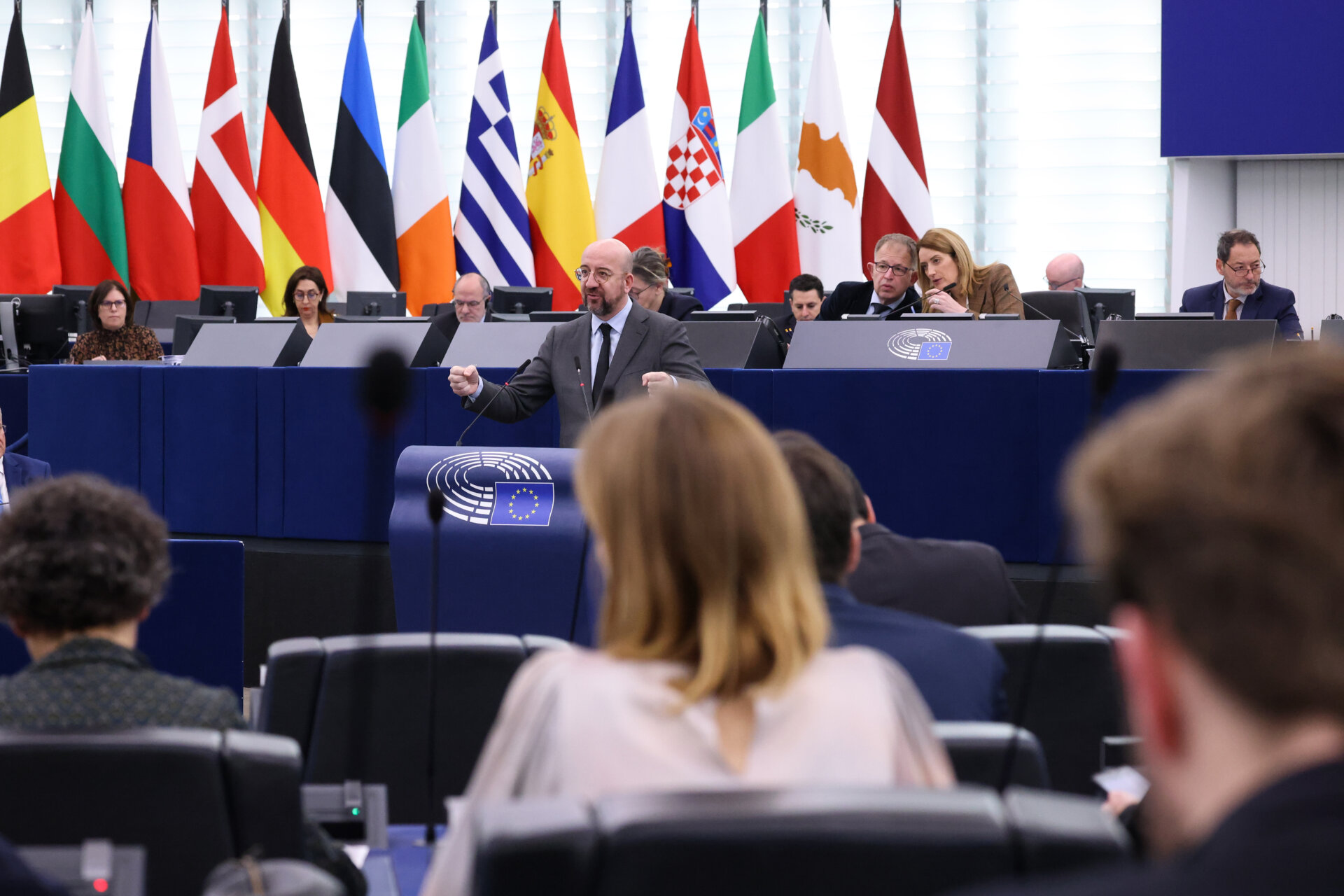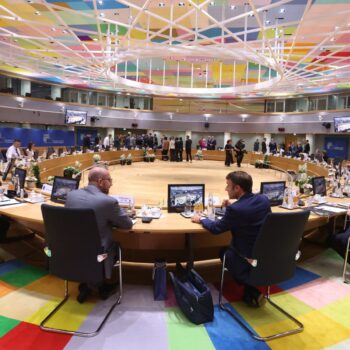On February 6th, the European Commission released its Communication on a 2040 climate target. European member states are now called to agree on the ambition level and the required enabling conditions to deliver this target. Swift endorsement is crucial, as it will solidify Europe’s commitment to climate action in its next political mandate and confirm its climate leadership globally.
The European Commission recommended a 90% reduction in the EU’s net greenhouse gas emissions by 2040, in comparison to 1990 levels. This recommendation is based on the Commission’s own impact assessment and the advice from the European Scientific Advisory Board on Climate Change. The Communication comes at a challenging political time, that includes the upcoming 2024 European elections, uprising social unrest across Europe, and geopolitical tensions spreading in Ukraine and the Middle East. These debates will contribute to shape the outcome of a renewed political leadership and political agenda by the end of 2024.
Despite the disruptive political climate, the Commission sent a clear message: fighting climate change will benefit the future of all Europeans, give predictability for investments, and boost the competitiveness of industries and economic resilience. The irreversibility of the transition to a climate-neutral society is well underway and will continue to guide future policy choices. Several national leaders have signalled their continued support to ambitious climate objectives ahead of the release of the Commission’s Communication. What will test their commitment in the coming months is the ability to forge consensus on the strategy for delivering this new intermediate target. Presently, the common ground lies in the commitment to pursue this endeavour in a fair and cost-efficient manner.
As climate, economic and social challenges become more intertwined, they need to be tackled as one to unlock the systemic change that will deliver progress in a just and resilient way. The Commission’s assessment shows how each economic sector is called to play its part in this process. Having to address these conversations during an electoral campaign marked by socio-economic concerns adds a layer of complexity to the task.
Yet, agreeing on a shared direction for the next 10-15 years is the strongest signal policymakers can send to their voters in the coming four months. The Commission has rightly stressed the direct and positive impacts that the transition will have on citizens’ lives and businesses. Outlining a clear vision for the longer term would provide consistency between one legislature to the other, confirm the commitment to measures agreed in the past years and show clarity on the road ahead. As it might get bumpier, innovative ways to tackle emerging challenges will be required to safeguard the credibility to follow through on existing commitments to bring along international partners while also giving predictability to investors to mobilise their capital.
We will have to wait for the next European Commission to be in place to formulate legislative proposals. However, the more European leaders can agree on the needed enabling conditions, the easier it will be for the newly appointed executive to outline a clear delivery pathway. The first opportunity to debate the target level, structure, and broader package will arise during the upcoming environmental council and a dedicated ministerial meeting on March 25-26. The informal European Council on April 17 will provide the space to bring this debate alongside the European Strategic Agenda for the next five years, set to be finalised by June 2024.


